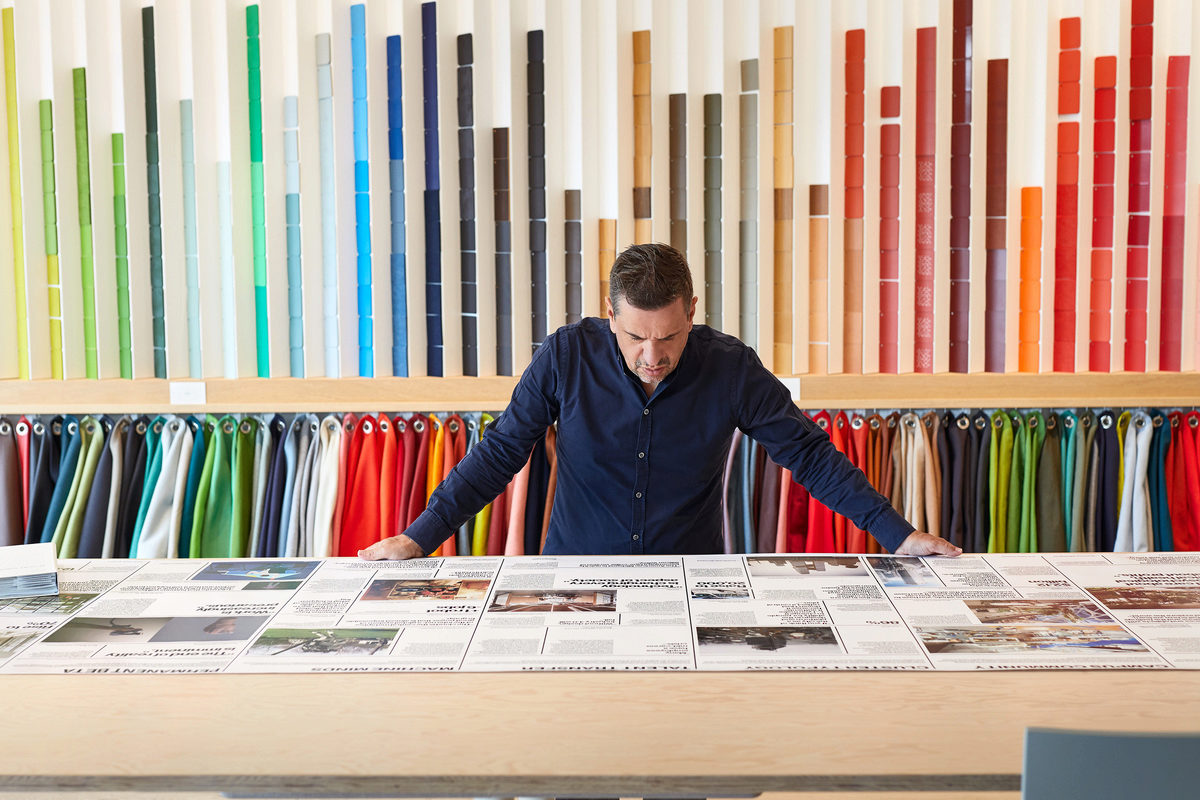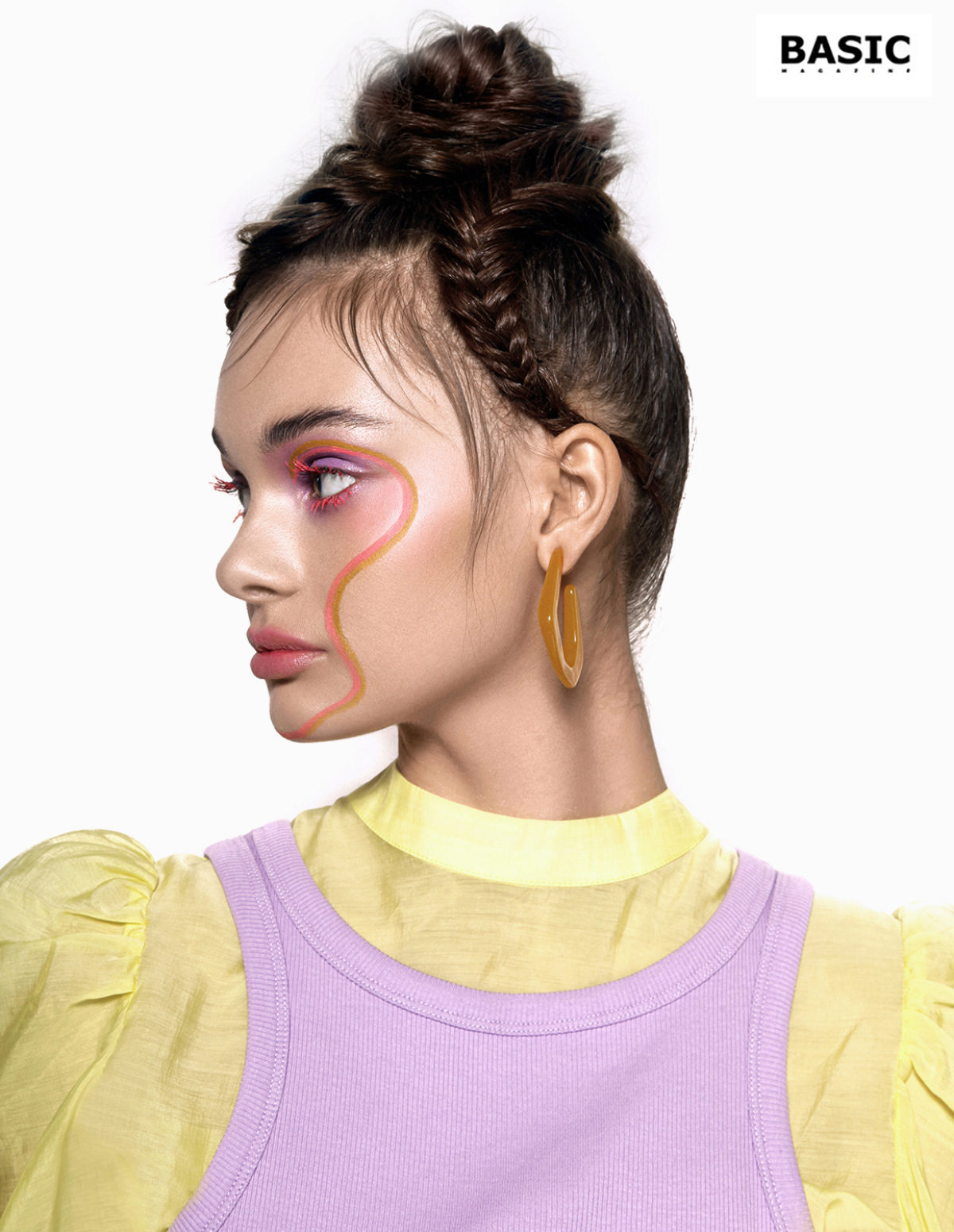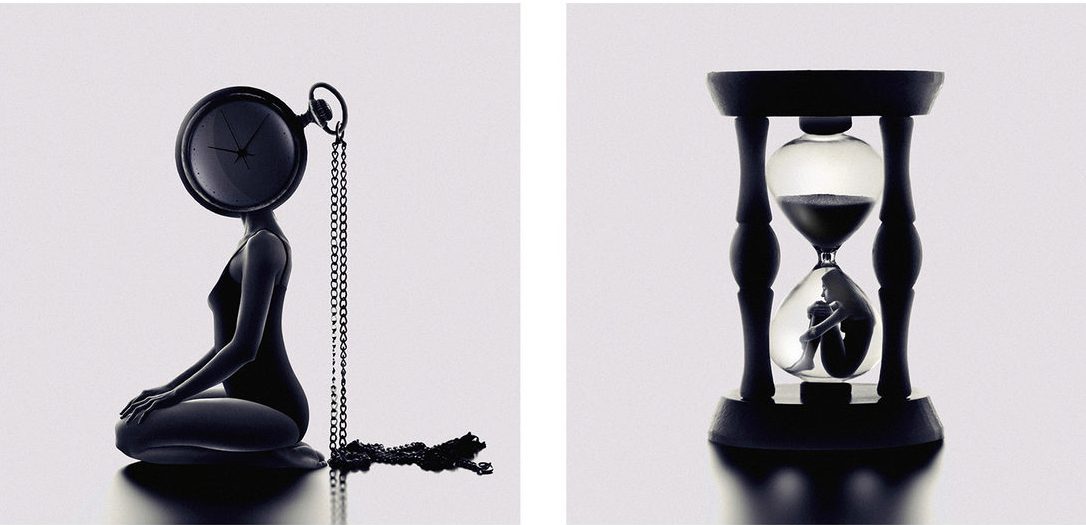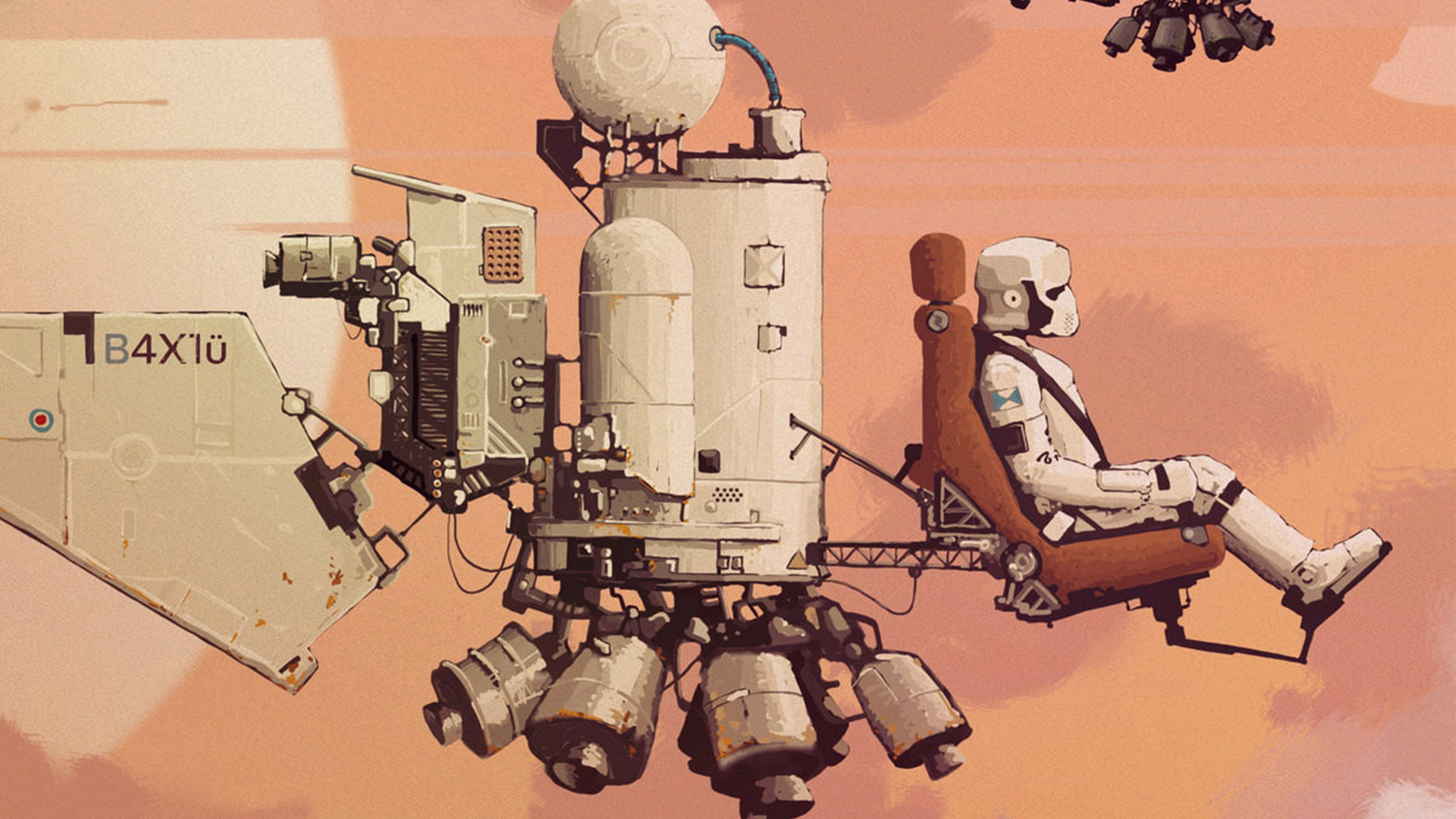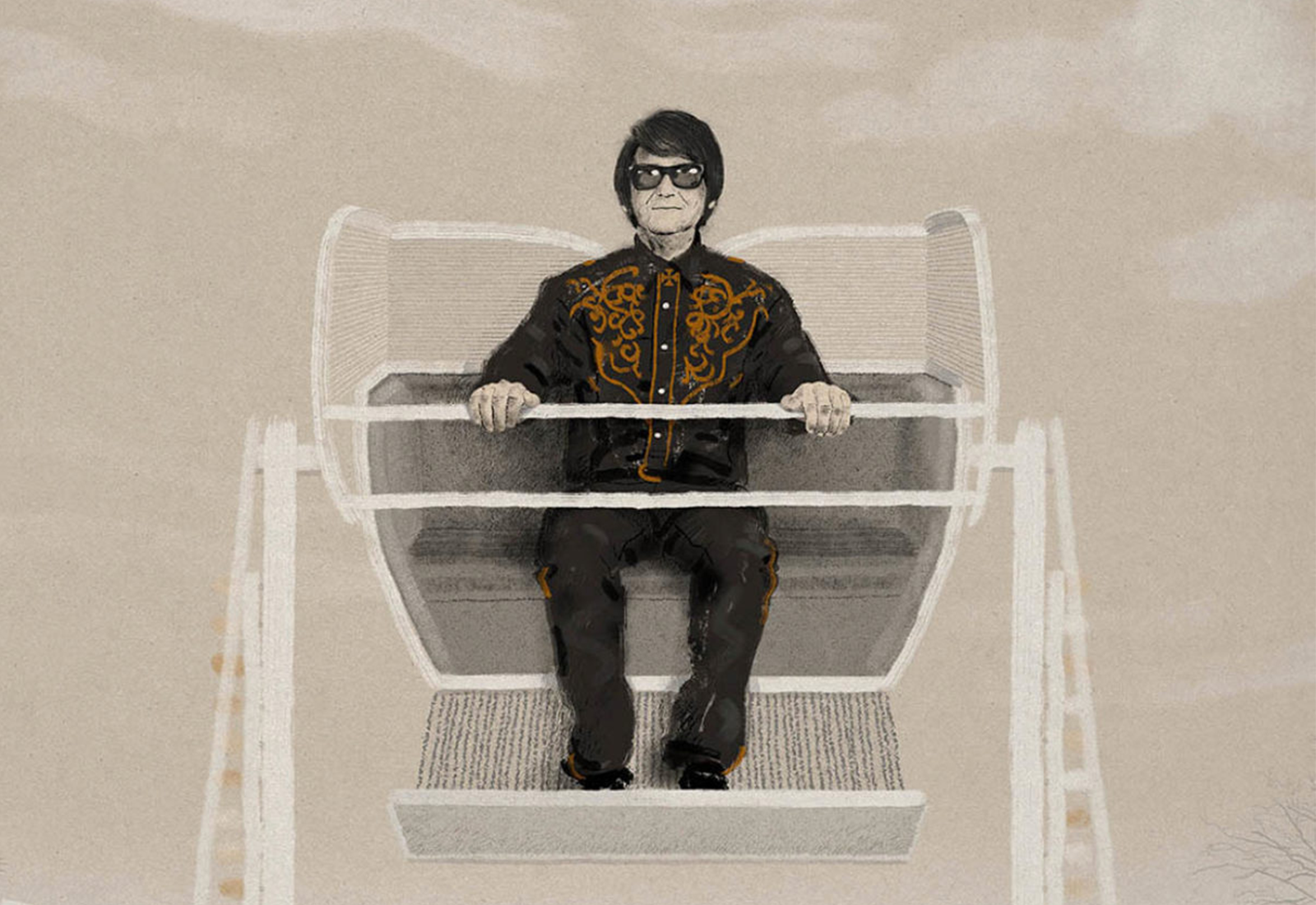Every day there are more and more professionals starting new jobs or projects in different creative fields. However, before jumping into a creative career, it is also important to identify key things that should be considered and evaluated.
The learning stage is the most important one
While the ultimate goal of most creative professionals is to build a successful career, there is no need to rush to achieve this goal as quickly as possible. On the contrary, the very beginning of the career can be considered as the most important one, since it builds the foundation for all upcoming creative projects. Thus, it is essential to dedicate enough time to learning the skills that are necessary for the selected creative field. The learning process might not be easy, however, it will definitely ease up the workload in the future.
The commercial world has strict rules and limits creativity
In the current environment, creatives mostly work for various corporations, rather than individuals or small enterprises. Thus, while corporate projects tend to be big and rewardful, they are also the ones who have a long list of regulations and restrictions. Hence, to show a high level of professionalism, it is important for creatives to research the industry before jumping into the selected projects or jobs. Despite looking for different limitations, it can also be beneficial to see what successful and unsatisfactory projects were done by other creatives in that selected industry in the past.
Failure embraces improvement
Even though each creative seeks a successful result, failure is usually necessary at some point in the career in order to improve the creative skillset and learn vital lessons. Thus, failed ideas should not be considered as a loss or embarrassment. Conversely, by analysing failures, creative professionals can identify their weaknesses and then eliminate them.
Confidence and networking usually overcome the actual creativity
Idea generation and the level of creativity is definitely among the main essentials for every professional in the creative industry. However, even with the highest amount of talent, it is usually difficult for creatives to break through and get involved in wanted projects. This is where connections and confidence play the main part. Thus, it is highly recommended for creatives at each career stage to always try and meet new people from the industry as well as strengthen their confidence and learn how to sell their creativity.
Client’s wants will mostly not align with creative’s vision for the project
Creative professionals seek their projects to look visually pleasing and embrace their creative side. However, clients in main industries tend to mostly care about conversion rates and customer acquisition, which can result in a completely different project outcome than the creative initiated in the beginning. Thus, it is essential for creatives to keep clients’ KPIs in their minds from the very beginning of the idea generation.
Feedback is the best teacher
While some individuals associate the feedback with judgement and negativity, it is a vital component for self-improvement, especially while working in the creative industries. While receiving feedback, it is important to highlight key points about the techniques, skills and ideas that can be improved.
